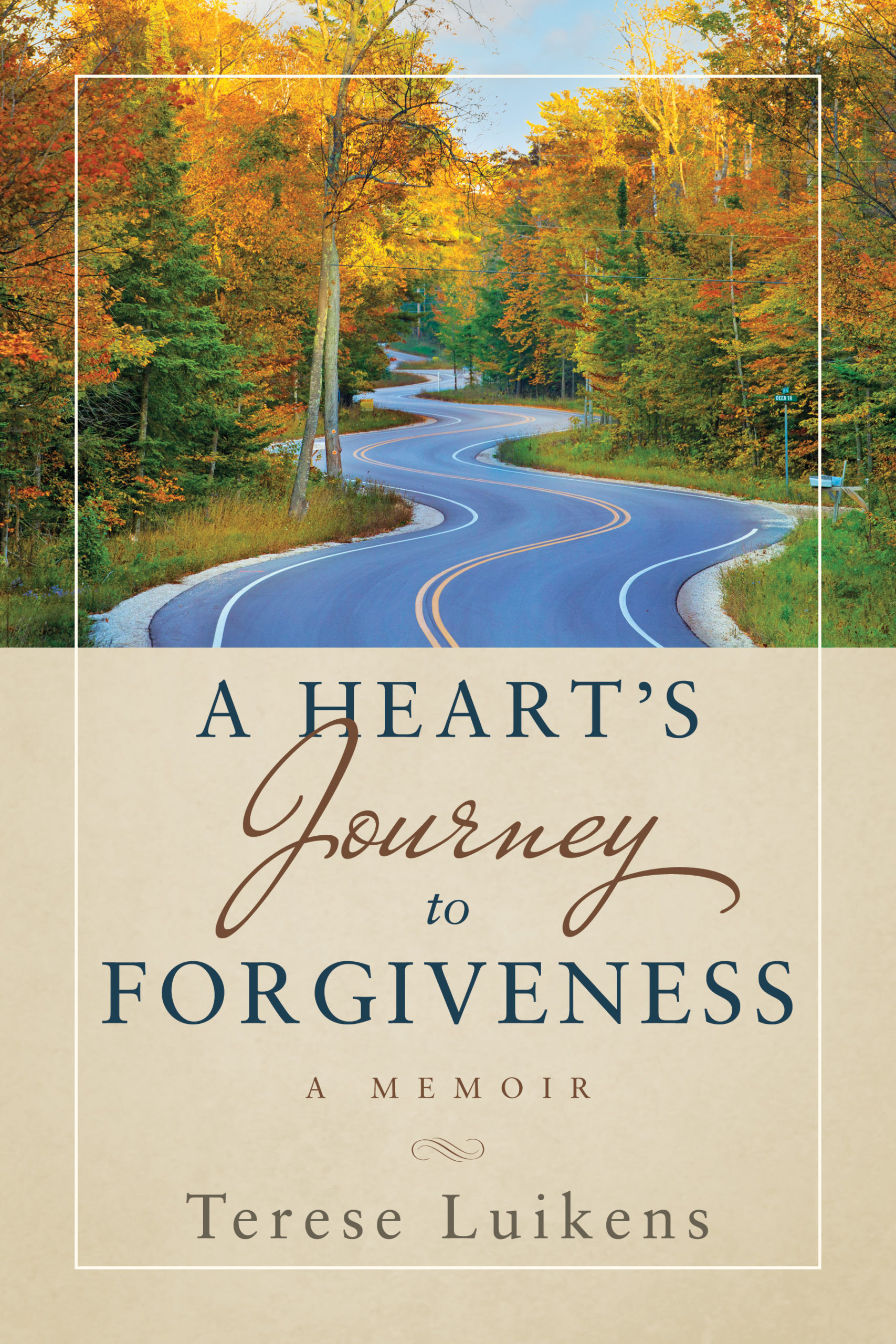
Why Bother Being Emotionally Fluent?
I had the privilege of teaching each of my sons to read. Though it took time, patience and persistence, teaching them to read gave them lifetime benefits. Being the fluent readers that they are today, they can read whatever they want in order to learn something new, be better informed men, or simply be entertained with a good story.
Emotional Fluency
Teaching my sons to read fluently was an important accomplishment. But something I was unable to teach them was how to be emotionally fluent.
Everyone knows that we cannot teach something that we ourselves don’t know anything about and because I knew nothing about my own emotions, there was no way I could instruct my sons how to articulate theirs.
I grew up in an emotionally illiterate household. Sadly, I continued that same tradition in my own home until I could no longer ignore my feelings.
As a teenager, my oldest son was the catalyst that forced me to begin the hard work of uncovering, looking at and asking myself, “Why am I so angry?” I will forever be grateful to him because he was the one who propelled from emotional illiteracy toward emotional fluency.
Becoming emotionally fluent is simply becoming acquainted with our emotions, naming them and allowing ourselves to learn from them. Learning to be emotionally fluent is similar to learning how to read; it takes time, patience and persistence with ourselves.
Similar to the beginning process of reading by sounding out the single consonants and vowels that make up words, the first step in becoming fluent with our emotions is to pay attention to our emotions one emotion at a time.
The easiest and at the same time the hardest feelings to become aware of are; anger, fear, and sadness. These are the easiest ones because they make the most noise inside of us, but they are also the most difficult ones because we don’t want to admit or listen to them.
But, becoming familiar with the sounds that these primary emotions make only helps us to become acquainted with them. Becoming acquainted with them helps us to name them. As we learn to name them, we begin to listen to what they have to say.
For instance, listening to my anger tells me that I’ve been hurt by someone. If I ignore the hurt, I only grow more hurtful, but if I pay attention to the hurt, then I can discover what I can do about it. I might approach the person who hurt me so that we might have a conversation and come to an understanding. Or, I might simply let the offense go. But, we cannot make any choices to do something about our emotions until we can name them. And we can’t name them until we learn to read them.
Why bother being emotionally fluent? When we are emotionally fluent, then we move from learning how we feel to learning from our feelings.
New Release
